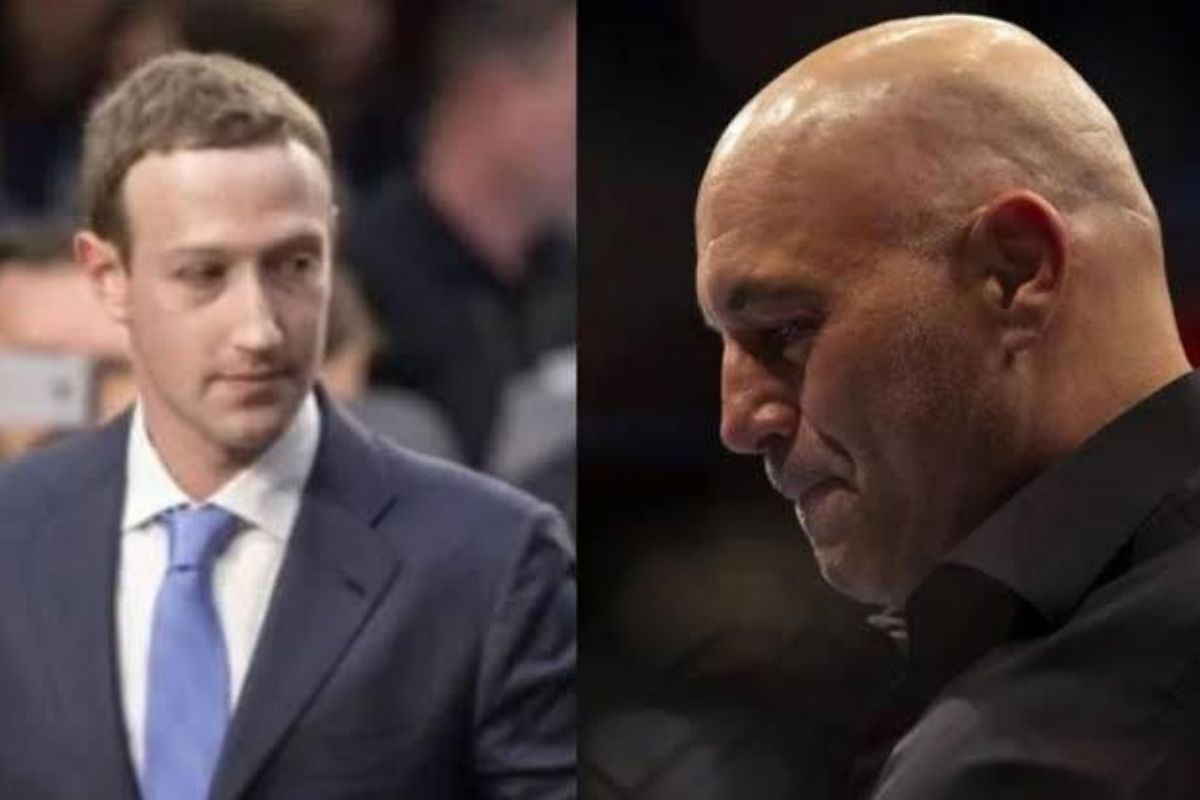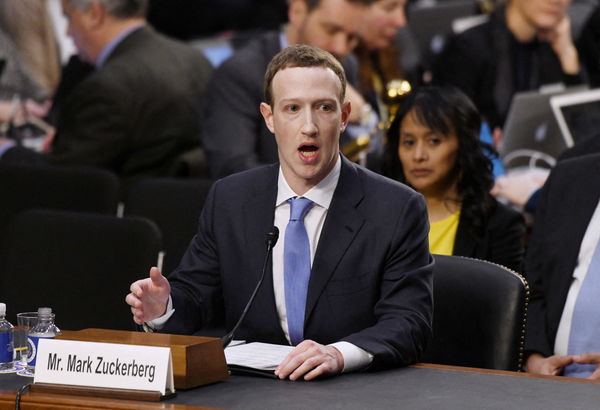
Imago
Credits- Imago

Imago
Credits- Imago
“There was truth and there was untruth, and if you clung to the truth even against the whole world, you were not mad,” wrote George Orwell in 1984. His concept of ‘Doublethink’—the simultaneous acceptance of contradictory beliefs in the fictional world of Oceania—might feel eerily familiar in today’s world.
Watch What’s Trending Now!
Curious? Let’s explore how this theme emerges in the latest segment of The Joe Rogan Experience. In this episode, the UFC color commentator dived deep into thought-provoking discussions that challenge societal norms and perceptions of truth. And the place where these topics are discussed the most- media and its related forms. Let’s dive into it!
Joe Rogan weighs in on the impact of media in modern-day
In 2025, the U.S. media market skyrocketed to a staggering $569.7 billion, with TV and radio dominating as key sources of information. Yet as media consumption evolves, social media platforms increasingly shape public narratives. On #2255 of JRE with Mark Zuckerberg, Joe Rogan candidly highlighted how these information streams can sometimes distort facts and influence beliefs.
“It shows you how things can go that way with the wrong speak and bizarre distortion of facts,” Rogan stated. “And when it comes down to it in today’s day and age, the way people get information is through your [Zuckerberg’s] platform, through X.”
As media expanded beyond traditional TV and radio, more platforms emerged for truth verification and personal expression. Joe Rogan reflected on this shift, asserting, “You can’t censor that if it’s real legitimate information because it’s not ideologically convenient for you.”
Zuck shared his journey toward understanding censorship and the challenges of maintaining public trust in media. “Yeah, and that’s the journey that I’ve been on. We started very pro-free speech and free expression,” he recounted, acknowledging the shifting landscape of information management.

The tech mogul, reflecting on the past decade, pointed to two pivotal moments: Trump’s election and its aftermath. He admitted to misjudgments in handling media criticism. “I feel like in retrospect, I defer too much to the kind of the critic of the media on what we should do,” Zuckerberg said. “Since then, I think generally trust in media has fallen off a cliff, right? So I don’t think I’m alone in that journey. I think that’s the experience a lot of people have had. The stuff that’s being written about is not kind of all accurate.”
Drawing parallels to Orwell’s 1984, Zuckerberg revealed that his company’s fact-checking process sometimes mirrored the dystopian elements described in the novel—a startling admission that underscores the complexities of navigating truth in an age of hyper-information and skepticism. Let’s see what the Meta CEO had to add to this!
Mark Zuckerberg draws parallels between his fact-checking policies and ‘1984’
If Zuckerberg’s reflections on censorship seemed astonishing, brace yourself—he recently did the unthinkable: praising Elon Musk. “I think X just did it better than us on fact-checking,” Zuckerberg admitted on the same JRE segment, referencing Musk’s ‘community notes’ system. Moreover, the tech titan revealed plans to incorporate a similar community-driven fact-checking approach for Facebook.
Reflecting on Meta’s former fact-checking practices, Zuckerberg didn’t hold back. He criticized the reliance on third-party fact-checkers, calling the process “something out of 1984” due to inherent bias. “We tried in good faith to address those concerns without becoming the arbiters of truth, but the fact checkers have just been too politically biased,” he said.
Now advocating for a more open, community-driven approach, Zuckerberg explained, “Rather than having a small number of fact-checkers, you get the whole community to weigh in. That’s a good sign to the community… broad consensus.”
What does this shift mean for the future of social media and information sharing? Only time will tell. Drop your views in the comment section below!

